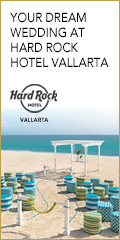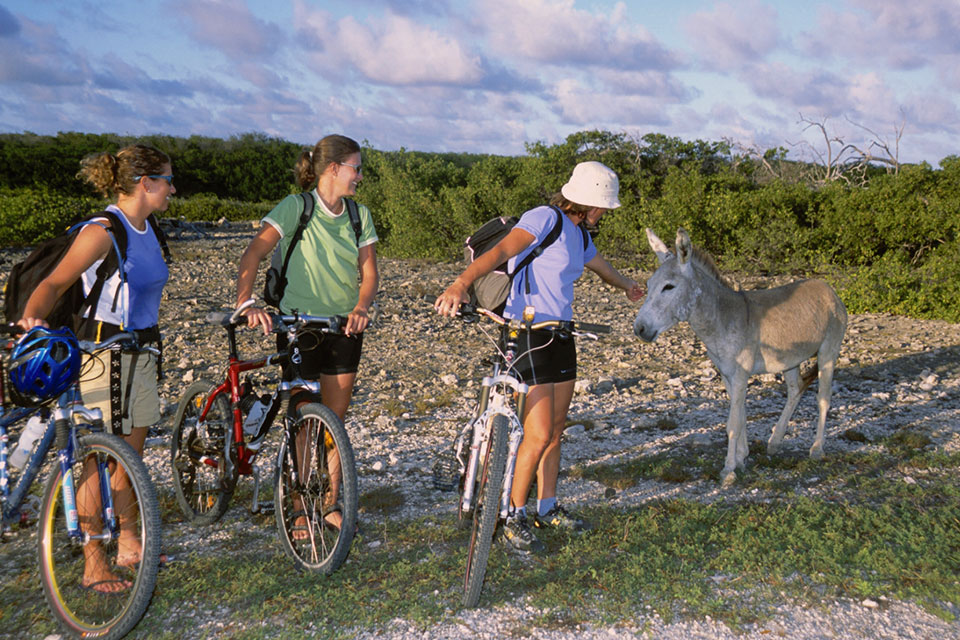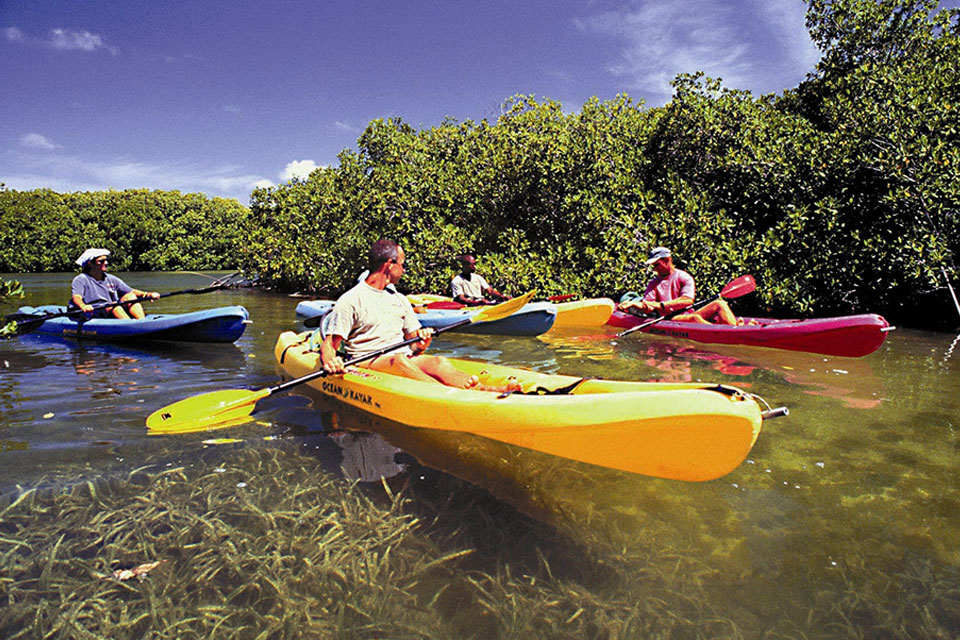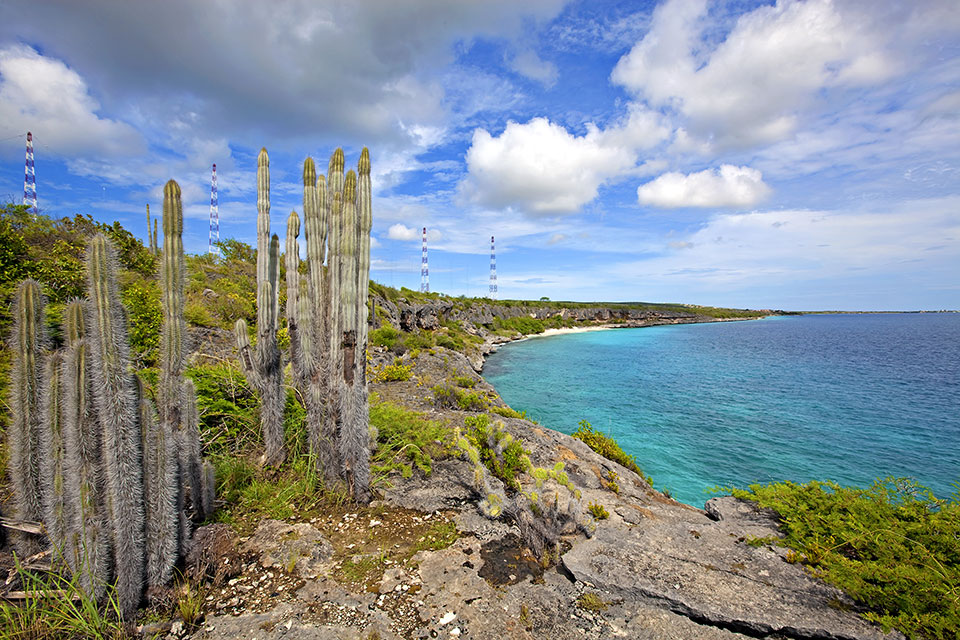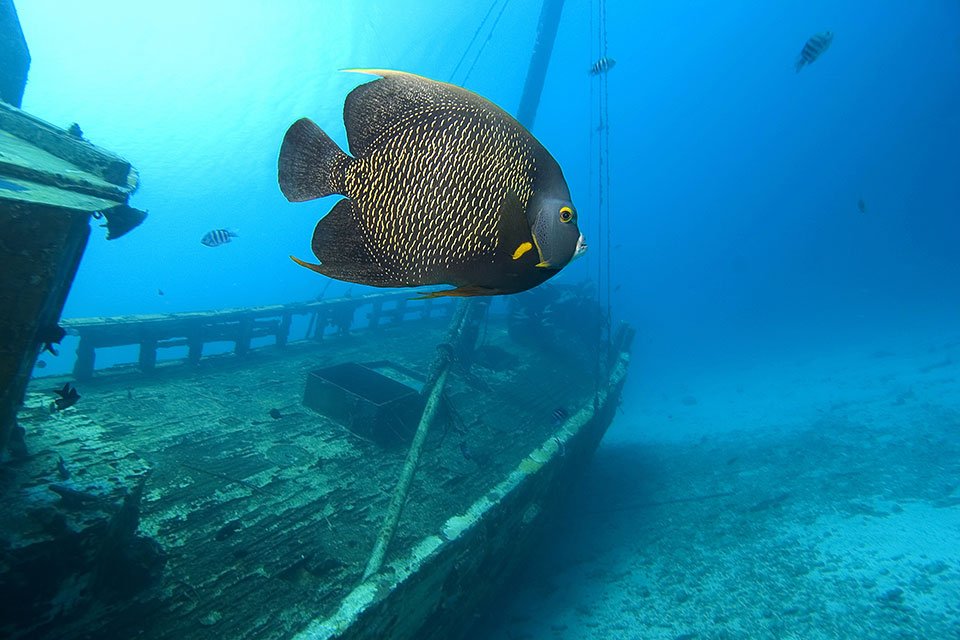
Bonaire
Destinations
Anguilla
Antigua & Barbuda
Aruba
Bahamas
Barbados
Belize
Bermuda
Bonaire
British Virgin Islands
Cayman Islands
Costa Rica
Curacao
Dominica
Dominican Republic
Grenada
Jamaica
Puerto Rico
St. Barts
St. Kitts & Nevis
St. Lucia
St. Maarten
St. Martin
St. Vincent & The Grenadines
Trinidad & Tobago
Turks & Caicos Islands
U.S. Virgin Islands
Subscribe to
Digital Magazines
[uam_ad id=”14399″]
Island Adventures In Bonaire
Bonaire remains a quiet getaway, far from the hustle and bustle of everyday life. In keeping its namesake (Dutch for coral reef), the island also remains the capital of diving. The island seems almost completely surrounded by coral reefs.
As amazing as the diving is, there’s much more to do on Bonaire. Sign up with the Mangrove Info and Kayak Center for a kayaking session through the pristine mangrove system – one of the few left in the world. Drive north, up the west coast past a prime flamingo-viewing lake called Goto Mere. Spend a day in Washington-Slagbaai National Park amidst more than 13,000 acres of flora and fauna. See rock formations like Seru Bentana (Sky Window), and spot any number of birds and beasts at the Pos Mangel watering hole. The park has many beaches, some of which are very small.
The beaches in the park are worth a visit. To the west, Playa Slagbaai has bright yellow buildings and good swimming. Playa Funchi on the northern coast offers snorkeling in calm waters full of parrotfish and coral. Klein Bonaire, the smaller island, also has beautiful white-sand beaches. It is surrounded by reefs and proves to be a popular picnic and dive spot. However, due to its population of seabirds and nesting turtles, the island is one of two local areas covered by the Convention on Wetlands of International Importance, so be careful not to disturb the natural habitat.
Another sanctuary exists on the island’s southern tip. This 135-acre plot is the largest flamingo breeding ground in the western hemisphere and holds about 10,000 flamingos.
The 19th-century Fort Oranje and its adjoining stone lighthouse prove to be the best attraction in town, especially for those wanting a romantic atmosphere.
The Bonaire Museum displays exhibits on the Caiquetio Indians in addition to more recent art, artifacts and household items.
In the main town, Kralendijk, visit Cinnamon Art Gallery, founded by a trio of artists, or any number of fine restaurants featuring French, Italian, Argentine and creative cuisines. Still, Bonaire is a long way from becoming an urban mecca. Here, the flamingo population rivals the human one, building size is strictly limited, and the circumference of the island is a protected marine park.
Stones marked with the names of dive sites can be seen from the coastal roads and a two minutes swim (literally) will reveal a reef teeming with marine life. Drive-through dive stations allow divers to refill their tanks before heading out to other alluring spots.
As a leader in the Caribbean on protecting its reefs and animals, Bonaire has in turn become a prime spot for all ocean activities. There is snorkeling, diving, sea kayaking, windsurfing and nature tours available throughout and around the island.
[uam_ad id=”14385″]

